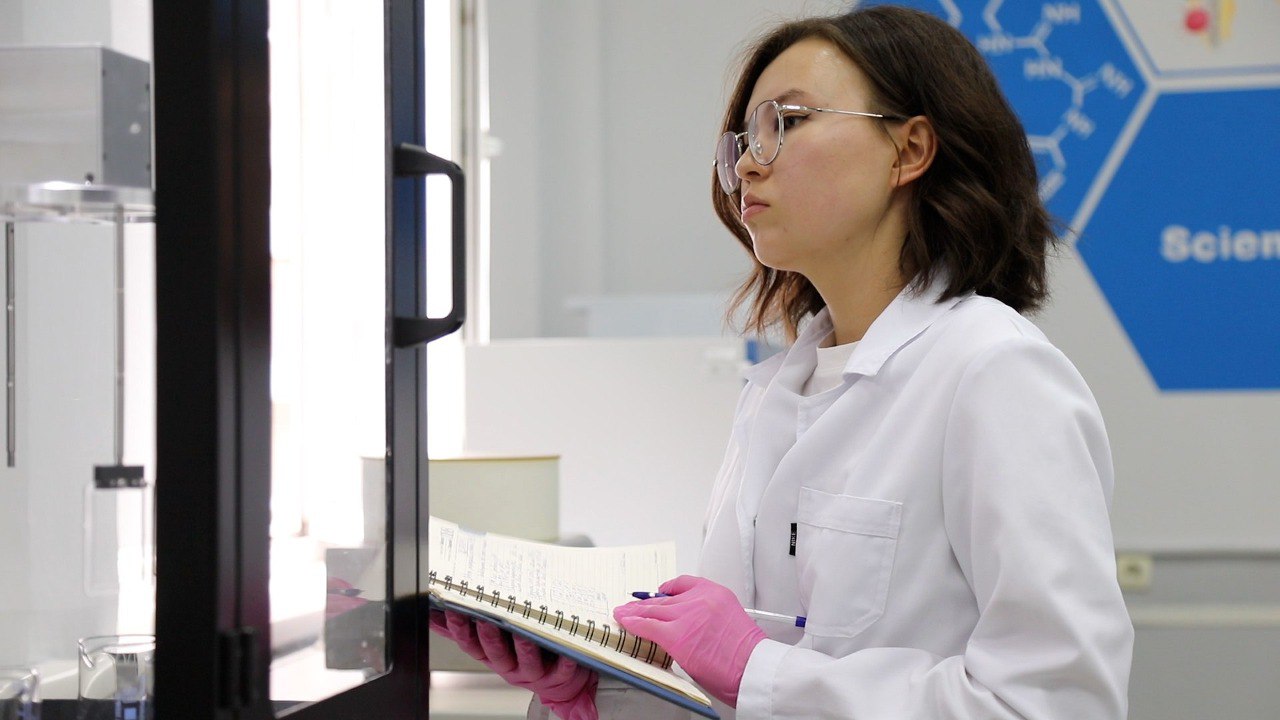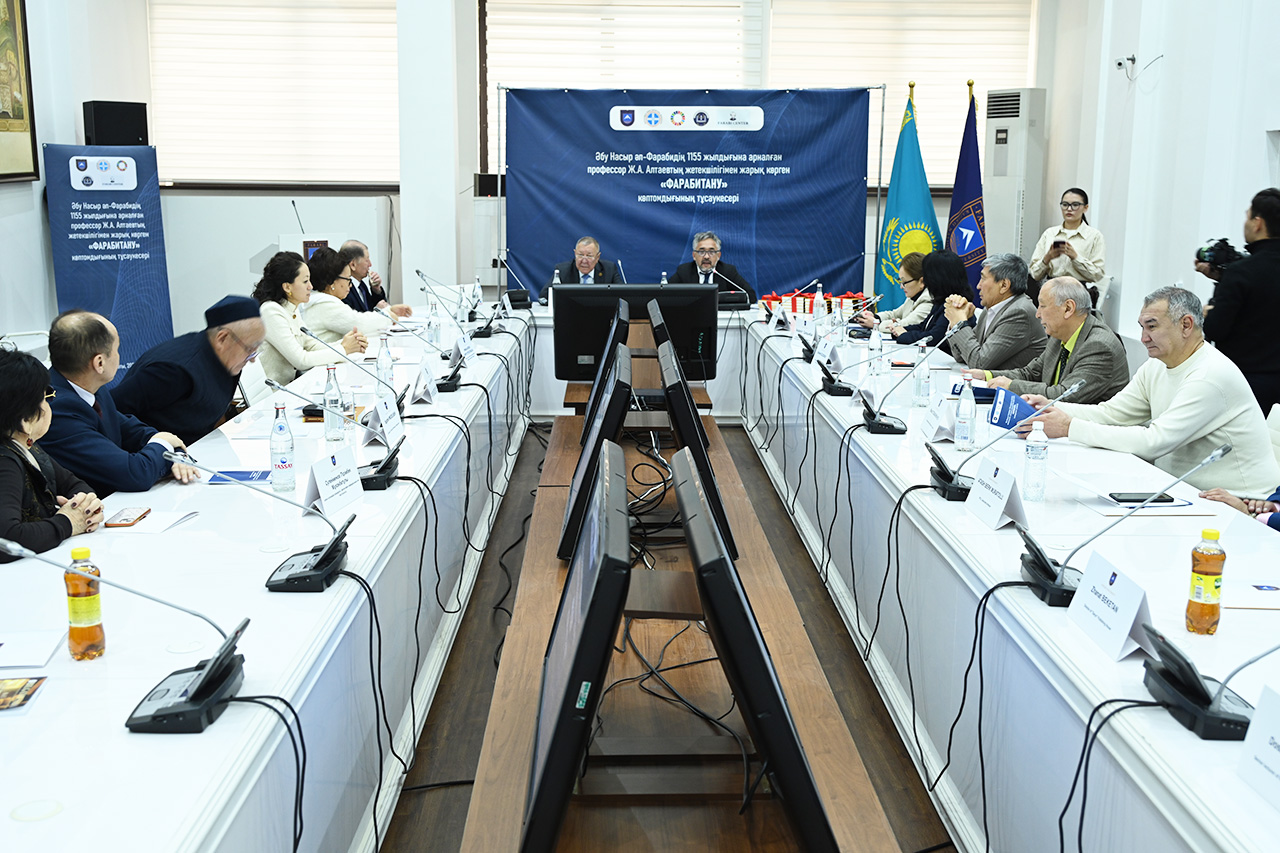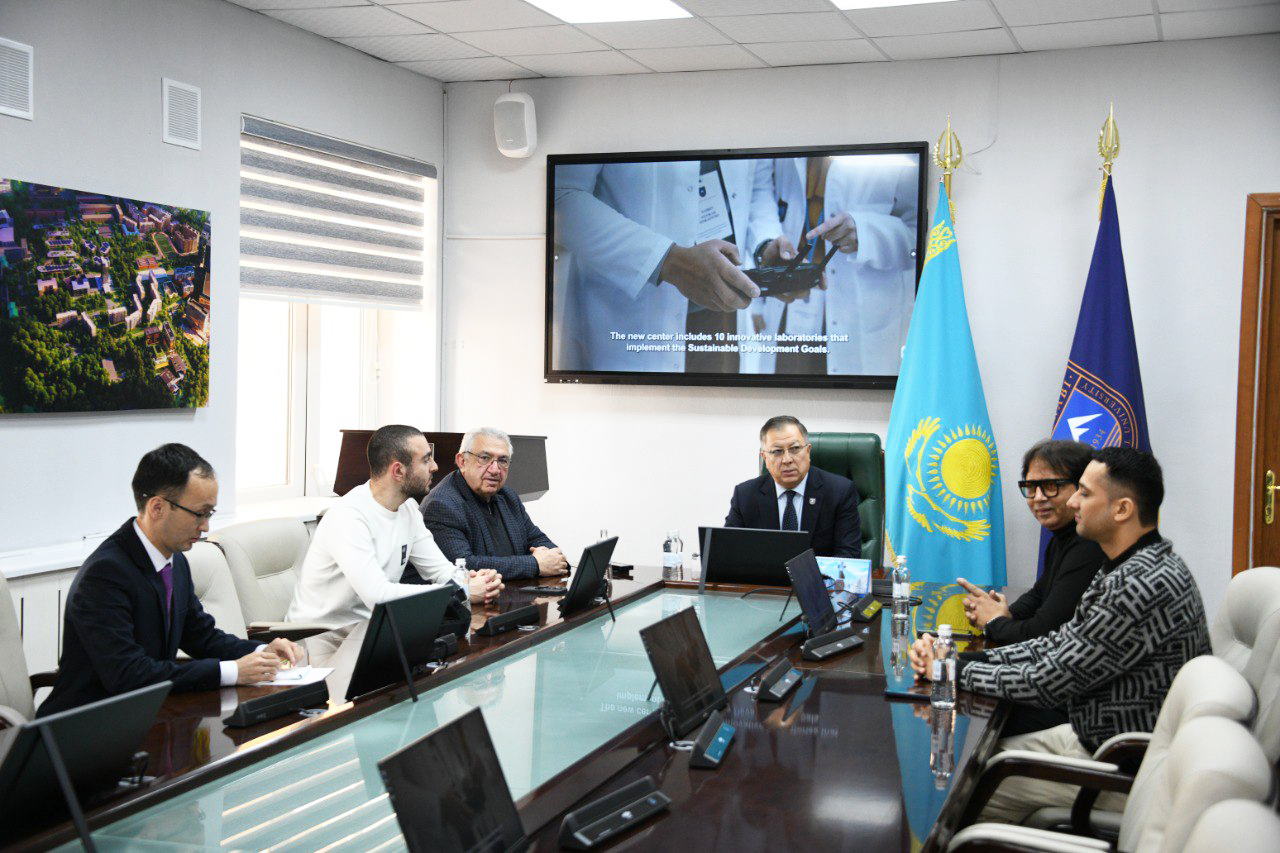KazNU scientists have developed a way to save human lives

Scientists from the Faculty of Chemistry and Chemical Technologies at Al-Farabi Kazakh National University have improved a surgical thread used during surgery and developed an antibacterial coating.
"Today, health care providers sew up a wound with surgical threads during surgery. In some cases, bacteria appear on the surface of the threads, causing infection. then leads to repeat surgery, which can be life-threatening,” say ChemMedLab scientists.
Surgical threads do not have the same defense mechanism as the human body. o and provide an optimal environment for harmful microorganisms to adhere to and grow. c he goal of our research group is to create an antibacterial coating on the surface of surgical threads and put it into production. H Multilayer nanosized coatings are applied to the surface of the threads. A In the last layer, an antibacterial agent is injected. Oh.
he antibacterial agent,
unlike conventional antibiotics, acts quickly against bacteria,” says Ayazhan Seydullayeva, a researcher at the laboratory
.
Currently, the university scientists have received a patent for the developed antibacterial surgical threads and have published articles in world journals. In the he RuMa Farm company, which produces surgical threads used in surgeries, was interested in this innovative project and expressed its willingness to work together with the scientists.
he analogs of antibacterial threads are available on the world market. od But in our country this project is being realized for the first time. В During surgery, surgeons treat the threads with alcohol or chlorhexidine solution and sew up the wound. But this approach has a drawback. This approach has a disadvantage. It is not effective in fighting infection. A The prepared threads will have coatings that will prevent the deposition of bacteria, if necessary.
The same antibacterial effect lasts for 1 month,” says Ayazhan Seydullayeva
The scientists at Al-Farabi Kazakh National University do not intend to stop at what they have achieved. In the future, scientists intend to conduct in-depth research on this project and bring the products to the market.
Press-service of Al-Farabi Kazakh National University

